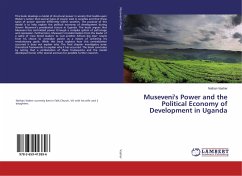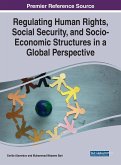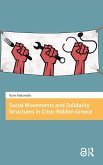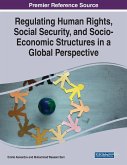This book explores the resilience and longevity of President Yoweri Museveni s regime in Uganda, tracing the evolution of the National Resistance Army (NRA) from a victorious insurgency into one of Africa s most enduring regimes. It challenges the assumption that the NRA s 1986 victory in Uganda marked a complete institutional rupture. Instead, the book argues that the NRA later institutionalized as the National Resistance Movement (NRM) governed within a residual social landscape shaped by entrenched traditional monarchies, religious institutions, landed elites, and historic political parties that survived Uganda s civil wars. Confronted with these deeply rooted social forces, the NRM regime was compelled to fuse coercion with co-optation, selective patronage, and strategic concessions. This hybrid approach produced a civil-authoritarian order in which political control is sustained not only through repression, but also through co-optation, negotiation, and accommodation ofpowerful societal interests. By foregrounding the interplay between state power and enduring social structures, the book contributes to comparative debates on authoritarianism, state-building, and post-conflict governance in Africa and beyond.
Bitte wählen Sie Ihr Anliegen aus.
Rechnungen
Retourenschein anfordern
Bestellstatus
Storno








